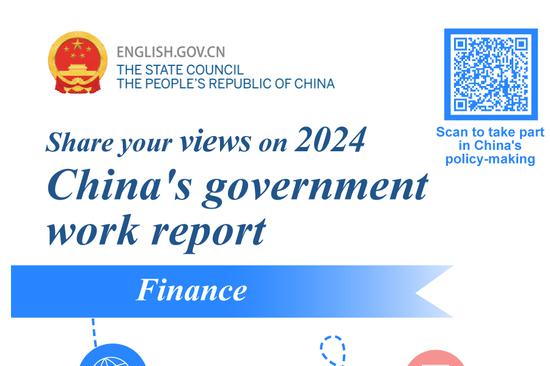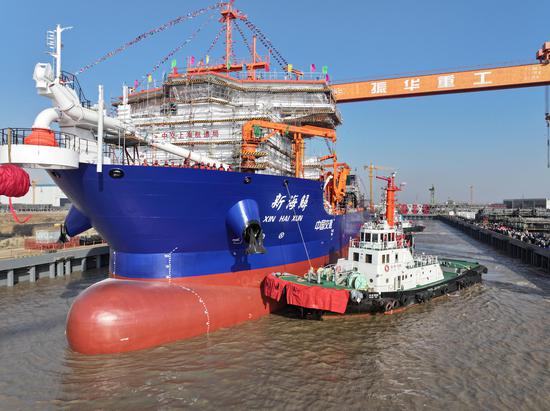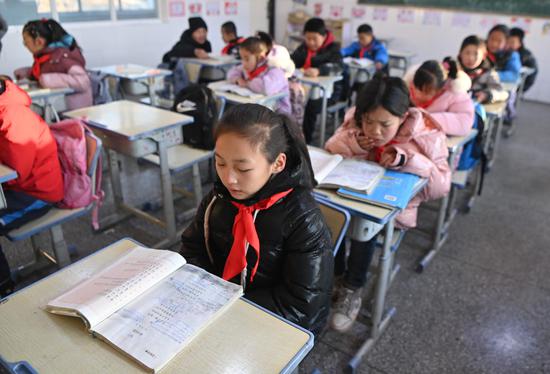Latest legal amendment takes aim at acts of corruption in greater detail, scope
People who offer bribes or damage the legitimate interests of private enterprises will face harsher punishment in line with an amended law, in China's latest step in strengthening the fight against corruption.
In Amendment XII to the Criminal Law, which was passed by the Standing Committee of National People's Congress, the country's top legislature, on Friday, offering bribes repeatedly, to multiple persons or for job promotion, is deemed as a "serious circumstance" that should be given heavier penalties.
Meanwhile, those bribing officials in supervisory, administrative or judicial departments, or in the fields of environment, finance, production safety, food and drug, disaster relief, social insurance, education or healthcare, must also face severe punishment, according to the law that will take effect on March 1.
"These circumstances are specified in the amended law because bribe-giving and bribe-receiving are equally serious problems that must be solved in our long-term and systematic anti-corruption fight," the NPC Standing Committee's Legislative Affairs Commission said.
"It's also a requirement of the central leadership."
Comparing bribe-givers to sources of pollution, the commission added, "if they are not prohibited, those who accept bribes will continue to exist, so it's necessary to promote the fight against corruption at the root".
Therefore, it urged supervisory and judicial agencies to strengthen investigation of bribe-givers and strictly punish them in line with the law while calling for maintaining high pressure against corrupt officials.
In addition, considering private firms represent about 93 percent of enterprises in China, the commission said that a few criminal charges that only applied to State-owned employees will be expanded under the amendments to those working for private companies.
Such charges include illegally making profits for friends or relatives, discounting stocks at low prices and selling assets of the enterprise.
"The expansion aims to combat corruption within private companies, so that entrepreneurs' legitimate rights and interests can be better protected," it added.
"The move is also to ensure equal treatment of State-owned enterprises and private firms by rule of law."
Data released by the Supreme People's Procuratorate in February showed that 78,000 people involved in duty crimes were prosecuted in the past five years, of whom 104 were former officials at or above provincial or ministerial level, and about 14,000 were those who offered bribes.
While suggesting judicial interpretations be formulated in a timely fashion to guarantee the accurate application of the amended Criminal Law, the commission also reminded law enforcement departments to fully consider a newly revised Company Law to ensure the unity of the two laws.
The Revision to the Company Law, which was adopted by the NPC Standing Committee on Friday and will take effect on July 1, has made provisions for regulating the organization of companies, with stronger protection of shareholders, employees and creditors.


















































 京公网安备 11010202009201号
京公网安备 11010202009201号